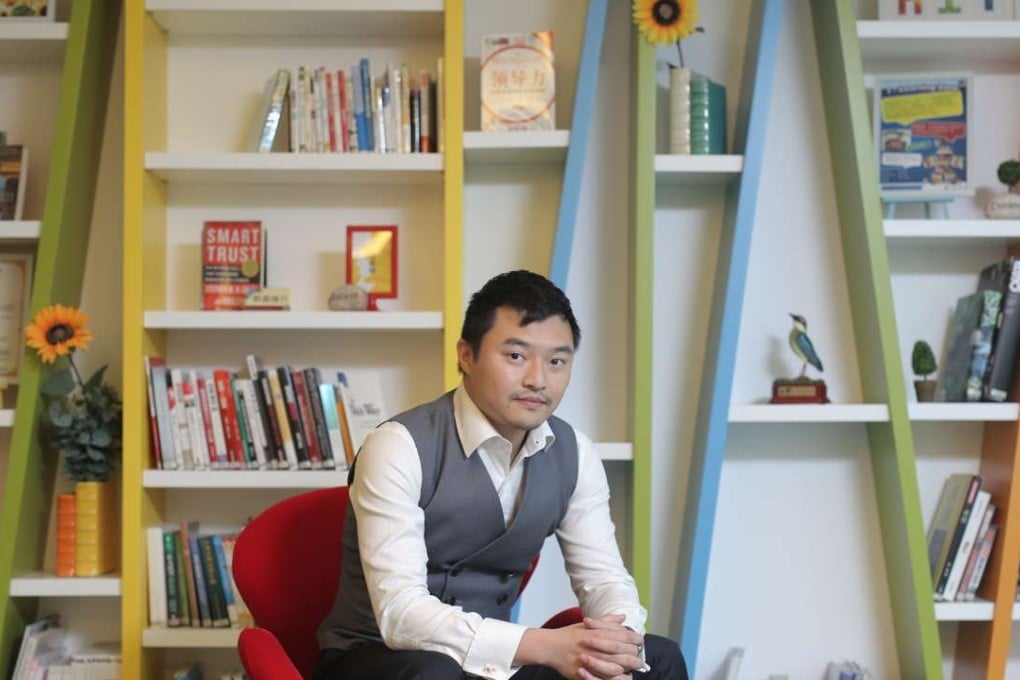Lawsgroup’s corporate history is a tale of flexibility, globalisation and now diversification
Architecture-trained Chief Executive Bosco Law has led the conglomerate’s recent push towards innovation in retailing, offering up a unique mixed-use space in Lai Chi Kok

The history of Lawsgroup is a typical story of how a Hong Kong manufacturer used theopportunities presented by economic reform in the mainland that began in the late 1970s to set up factories to make use of cheap labour to expand into a global business.
Lawsgroup was co-founded by Law Ting-pong in 1975, a boom time for the “Made in Hong Kong” label. The company has passed through three generations of family management and is now one of the world’s largest textile manufacturers, employing 20,000 workers worldwide.
Beginning with a few hundred workers as a knitwear factory in Hong Kong in the 1970s, it expanded to the mainland in 1978 as one of the first batch of Hong Kong manufacturers to go north.
It now manufactures apparel for overseas fashion brands such as GAP. From the 1980s, it established factories in Mexico and the Philippines to make use of the various quotas on textile exports applying to different countries that were in force at the time. Having factories around the world made it easy for the company to use the quotas to export its goods.
After China joined the World Trade Organisation and after the quota system was dropped in 2005, Lawsgroup moved back to the mainland to set up factories in Shenzhen and Zhuhai. It has three factories and 8,000 staff in the two southern cities. While they are no longer low-cost labour sites, the workers have high skill levels to make clothes for big international brands.
Lawsgroup has also set up factories in Myanmar, Vietnam and Bangladesh in recent years, where operating costs and wages are still low.
